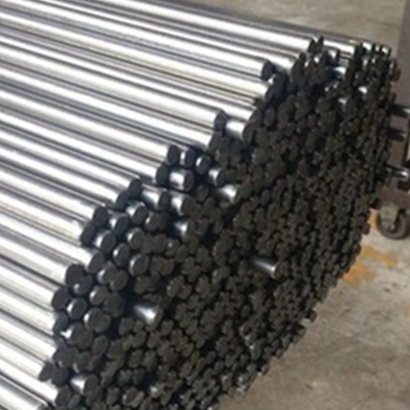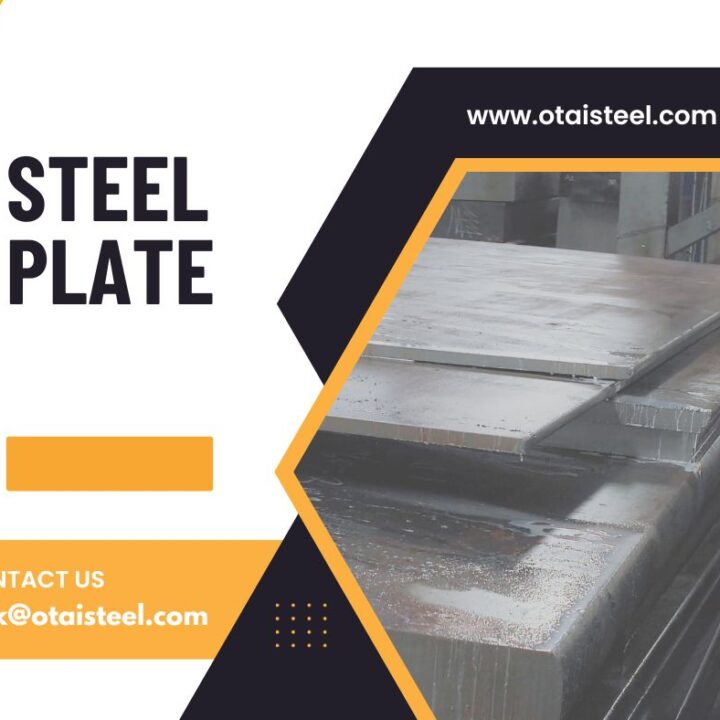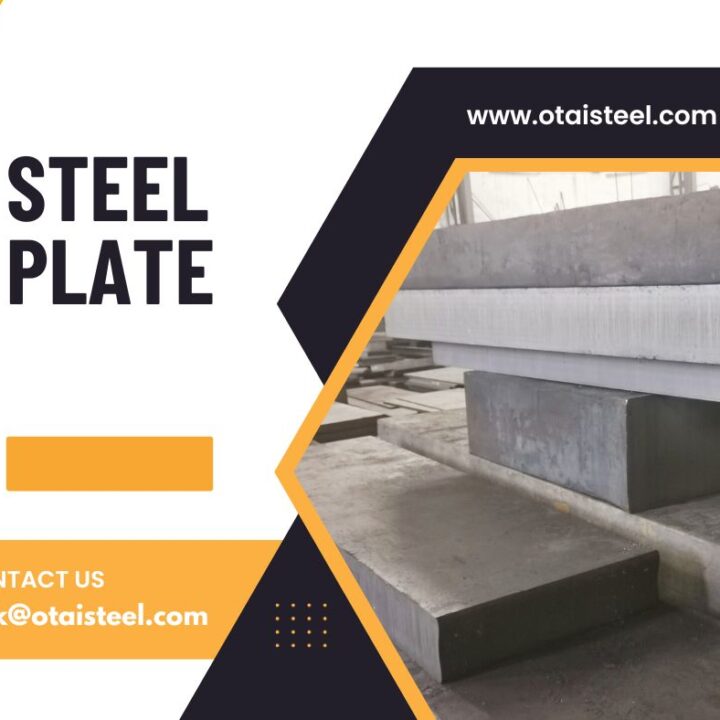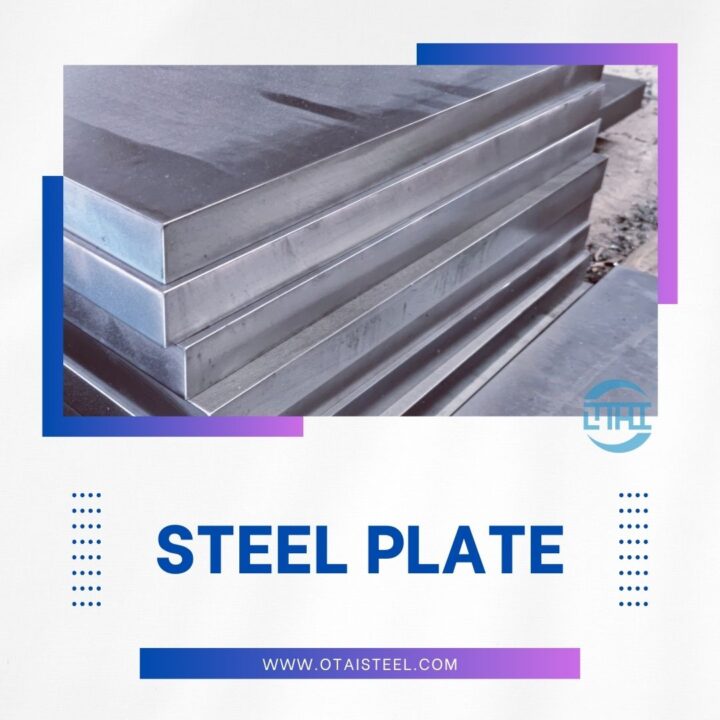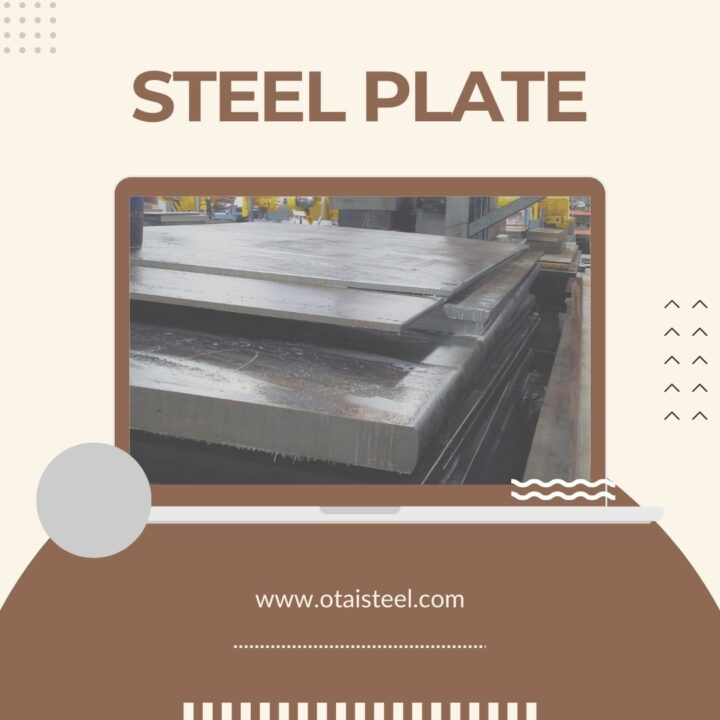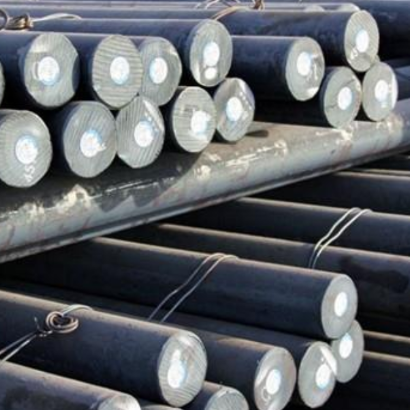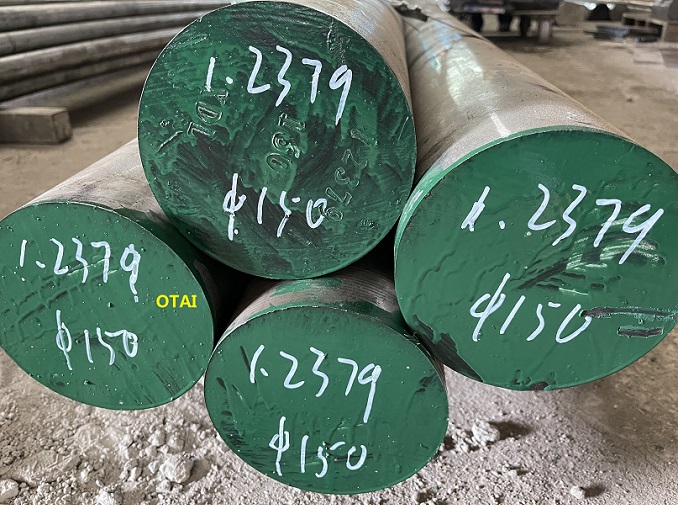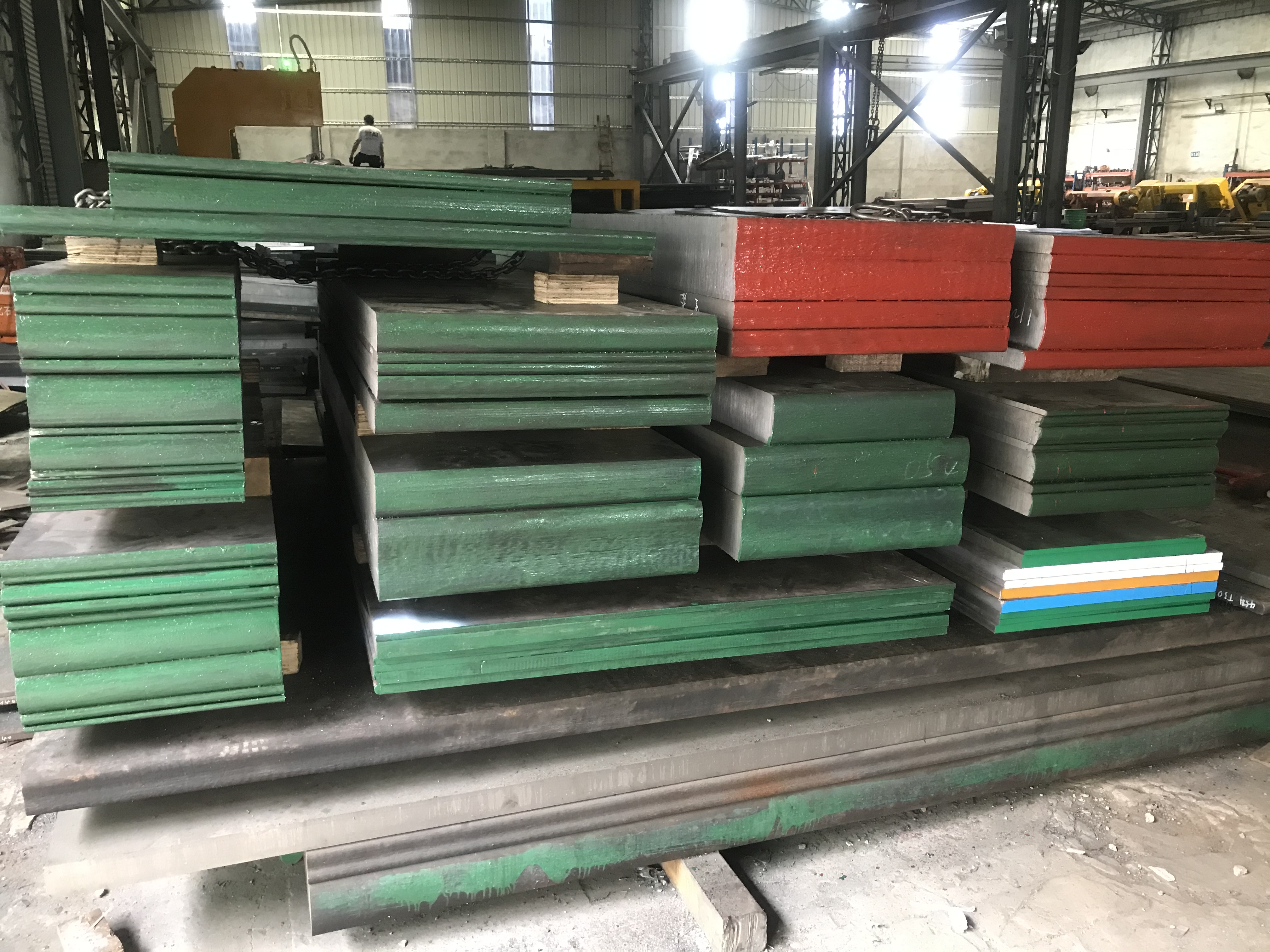The oil and gas industry operates in one of the most demanding and challenging environments, requiring materials that can withstand extreme conditions. In this exploration, we delve into the critical role that 8620 steel plays in the oil and gas sector, addressing the specific demands and challenges faced by this industry.
Navigating Harsh Conditions:
Oil and gas exploration and production involve an array of harsh conditions, from high pressures and temperatures to corrosive substances. Equipment utilized in these operations must be constructed from materials that can endure these challenging environments, and 8620 steel emerges as a reliable solution.
Strength for High-Pressure Applications:
In drilling and extraction processes, high pressures are commonplace. Components such as gears, shafts, and wellhead equipment are subjected to immense forces. The high tensile strength of 8620 steel makes it an ideal choice for manufacturing these critical components, ensuring they can withstand the pressures encountered in oil and gas operations.
Toughness in the Face of Abrasion:
The presence of abrasive elements in oil and gas wells poses a significant challenge to equipment durability. 8620 steel’s toughness allows it to resist wear and abrasion, particularly important in applications where components are continually exposed to abrasive substances. This quality enhances the longevity of equipment and reduces the need for frequent replacements.
Corrosion Resistance for Longevity:
Corrosion is a constant threat in the oil and gas industry due to the presence of corrosive substances such as hydrogen sulfide and saltwater. The chromium content in 8620 steel forms a protective layer, imparting corrosion resistance. This feature significantly extends the lifespan of components exposed to corrosive environments.
Adaptability to Downhole Challenges:
Downhole drilling presents unique challenges, including high temperatures and pressures. Components used in downhole tools and drilling equipment must be able to withstand these conditions without compromising performance. 8620 steel’s ability to maintain its strength at elevated temperatures makes it well-suited for downhole applications, ensuring reliability in critical operations.
Precision Machining for Complex Components:
Oil and gas equipment often requires complex and precisely machined components. The machinability of 8620 steel allows for the creation of intricate parts with tight tolerances, crucial for the assembly of pumps, valves, and other sophisticated machinery used in the industry. This precision contributes to the efficiency and reliability of these components.
Reducing Downtime and Maintenance Costs:
The oil and gas industry operates on tight schedules, and downtime can be costly. The reliability of equipment constructed with 8620 steel contributes to reduced downtime, minimizing interruptions in operations. Additionally, the steel’s durability reduces maintenance costs, making it a cost-effective choice for the industry.
Meeting Stringent Industry Standards:
The oil and gas sector adhere to stringent industry standards to ensure the safety and reliability of equipment. 8620 steel meets and often exceeds these standards, providing assurance to manufacturers and operators that their components will perform reliably in challenging conditions.
Contributing to Sustainable Practices:
In an era where sustainability is a global concern, the oil and gas industry seeks materials that contribute to sustainable practices. The longevity of equipment made from 8620 steel aligns with sustainability goals by reducing the frequency of replacements and minimizing the environmental impact associated with manufacturing and disposal.
8620 steel stands as a stalwart material in the oil and gas industry, meeting and exceeding the demands of this challenging sector. Its strength, toughness, corrosion resistance, and adaptability to complex machining make it an integral component in the machinery that drives oil and gas exploration, extraction, and production.
